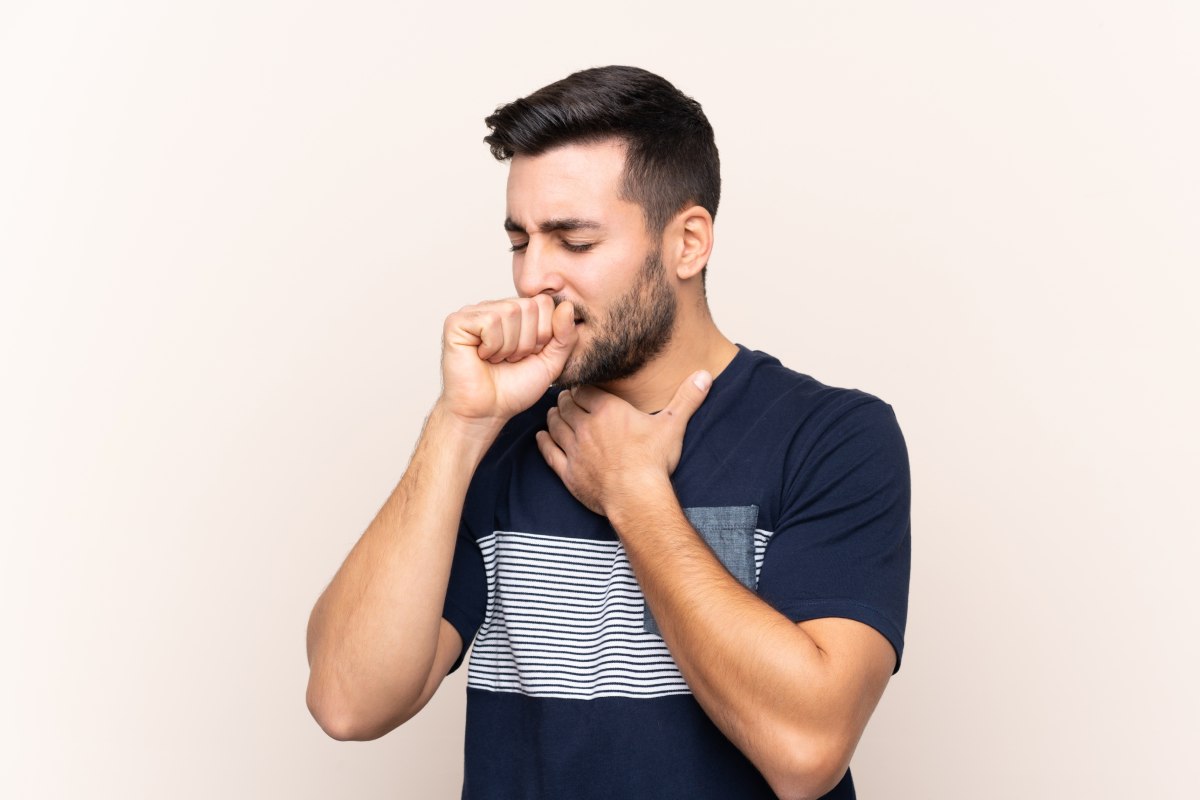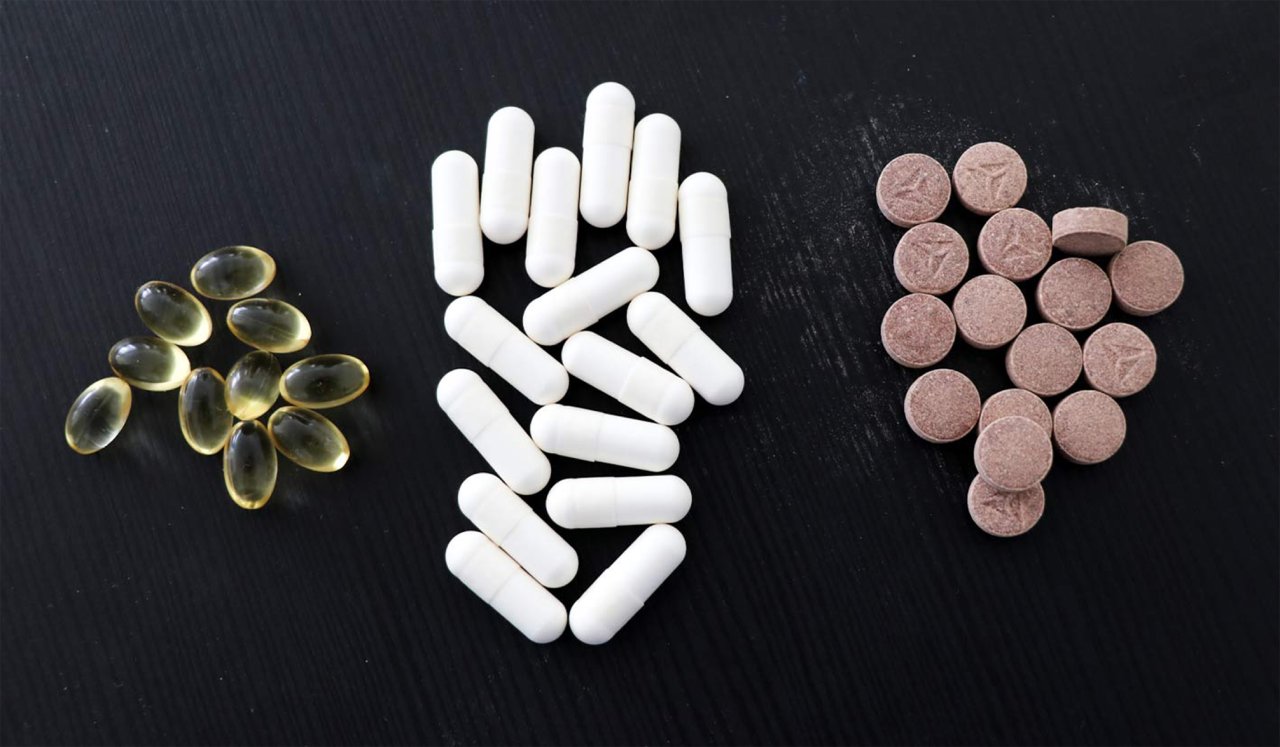Coughing is your body’s natural reflex for getting rid of any irritation in your airway.
The irritation could be in your lungs, throat, or the tubes connecting them. It often accompanies infection in your respiratory tracts, such as flu, bronchitis, colds, measles, croup, pneumonia, or sinus infections.
Hair cells, known as cilia, move mucus along your lower and upper respiratory tract to keep your airway clear and moist.
When these cells are damaged because of an infection, your body will turn to cough to move the mucus.
Even when the pathogens are gone, coughing may persist since the cough sensors remain hypersensitive.
When this happens, know that you don’t have to suffer miserably because there are certain things you can do to manage your cough effectively.
Here’s what you should consider managing your cough.
What will you learn?
On the way of reducing your cough, you will cover some lifestyle changes that will help you overcome the cough.
So how to manage cough!
1. Avoid Triggers

Coughing can be triggered by several irritants, including dust, smog, smoke, and biological molecules like pollen, bacteria, and mold.
To avoid a cough caused by contaminated air, it is crucial to prevent allergens and airborne irritants from building up in your abode.
Clean your home regularly and use an air filter to get rid of all particles within the space.
Also, refrain from going to places with forms of air pollution, like smoke.
Don’t breathe car exhaust and smoke from wood-burning stoves.
Scented products like lotions and perfumes can also trigger a cough.
So if you notice that fragrances make you cough, use only unscented products. You can also ask people living with you to do the same thing.
2. Drink Much Water

Water helps dissolve the mucus in your airway so that you can expel it quickly.
If you don’t drink enough water, the mucus in your respiratory tract will dry up and become too sticky. This mucus will then remain in your airway, triggering you to cough hard.
If you drink lots of water, the thick mucus will become watery and thin, which is less likely to block your air passages.
Also, thin mucus can easily drain out of your respiratory tract through postural drainage methods.
3. Avoid Food that Leads to Coughing Increase

There are specific foods that stimulate coughing because they make the mucus thick or trigger mucus production.
Dairy products and sweet street cakes, for instance, stimulate mucus production and make the mucus thick.
Other foods to avoid are those high in salt. This ingredient will make you dehydrated, causing your mucus to become thicker.
Also, salt causes bloating and chest discomfort, making it harder to breathe.
4. Exercise

Rest is crucial when you are not feeling well, but this does not mean that you must avoid getting exercise.
Physical activities will strengthen the chest muscles used for breathing.
Also, exercising helps with mucus flow and drainage.
In some cases, exercise can make coughing worse.
Thus, you must observe how exercise will affect you. Pay close attention to your coughing and breathing when doing light to moderate aerobic activities.
Related Article: How to Lose Weight Fast – 10 Pounds in 1 Week: Experts’ Advice
5. Practice Proper Breathing

Wheezing and breathing with difficulty will make coughing worse.
Coughing can even irritate your respiratory tract, making you even more sensitive to cough triggers and irritants. It is for this reason that coughing can’t stop suddenly.
An effective way of breaking free from this cycle is to practice proper breathing.
Pursed lip breathing and diaphragmatic breathing are some of the doctor-recommended breathing exercises you must practice. These techniques will slow your breathing and bring it back to the normal rhythm.
Honey and lemon is another effective cough remedy.
The honey prevents irritation and soothes your throat, while the lemon helps kill the bacteria that cling to your throat’s wall.
6. Eat Toast

Thick mucus can get stuck in your throat, giving you a phlegmy feeling that makes it harder for you to breathe.
Don’t forget that the water and warm drinks can help clear it up, but solid food can provide immediate relief.
Toast, for instance, is an excellent food that can brush mucus off your throat. Its roughness can scrape the thick mucus from your throat.
So if you find it hard to get rid of your phlegmy throat, try eating a piece of toast.
7. Try Over-the-Counter Cough Medicines

Using over-the-counter cough and cold medicines can help in stopping your cough.
Cough Suppressants
Cough suppressants, also known as antitussives, act by blocking the cough reflex. Dextromethorphan is a common cough suppressant found in most drugs today.
So except natural methods, you can always use some cough tablets to stay healthy.
At least, there is a way out so no worries! 🙂
Expectorants
Expectorants act by making the mucus thin. This way, it can easily be coughed out.
A common expectorant is a guaifenesin.
Since expectorants and cough suppressants work best when combined, some cold and cough medicines today have them both. Some even have other drugs that help relieve other severe symptoms like decongestants and pain relievers.
Cough Drops
Also known as throat lozenges, cough drops help suppress coughing. They coat your throat to inhibit irritation.
Also, cough drops contain menthol, a soothing compound that soothes the throat and reduces congestion.
8. Finally, See a Doctor

When everything else is ineffective or your cough becomes worse, a visit to a doctor is a must for proper evaluation and diagnosis. This is the best way to determine the cause of your cough and develop the best plan of care.
You may be referred to a specialist, depending on the cause of your cough.
For instance, you may be referred to an allergist if you have allergies or perhaps to a gastroenterologist if the cough is caused by gastroesophageal reflux disorder.
Accompanying signs and symptoms that entail the help of a physician include:
- Shortness of breath
- Fever
- Coughing up blood
- Fatigue
- Wheezing
- Chest pain
- Weight loss
- Difficulty swallowing
- Night sweats
- Loss of appetite
These symptoms may indicate a more severe health condition that needs immediate treatment from a clinic or hospital.
Most coughs go away on their own, but if you notice that your cough is not getting better despite trying all the possible home remedies, call a doctor immediately.
What You Should Remember
Dealing with a cough is difficult and can be annoying.
Why?
Simply because it makes it hard to sleep, exercise, and go through your daily routine.
Luckily, there are ways to manage it so you can quickly get back to your normal daily schedule.
By avoiding triggers, consuming the right food, drinking enough water, and knowing when to go to a doctor, your cough can go away completely.
Don’t underestimate the cough problems, stay healthy! 😉
James is the Founder & CEO of GurusWay.com. Majoring in Business and other life-changing sectors, James covers helpful content and shares his experience with the targeted audience.